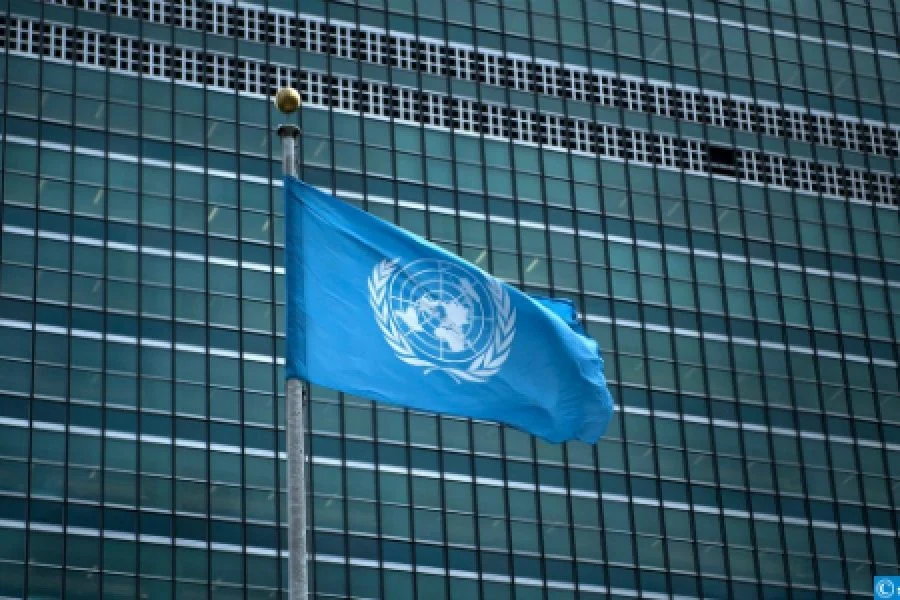Beirut – The United Nations Economic and Social Commission for Western Asia (ESCWA) has praised Morocco’s progress in expanding digital finance and improving access to financial services, positioning the country as a regional leader in financial inclusion.
In its newly released report, “2025 Annual Review of the Sustainable Development Goals: Financial Inclusion in the Arab Region”, ESCWA noted that Morocco, alongside Jordan and Egypt, stands out for its innovative regulatory reforms and targeted financial inclusion programs, despite facing a challenging regional environment.
However, the report also paints a concerning picture of persistent financial exclusion in the Arab region, warning that nearly 60% of adults remain outside the formal financial system. This widespread exclusion poses a major obstacle to achieving the Sustainable Development Goals (SDGs) by 2030.
Key disparities highlighted include:
Women’s financial inclusion remains alarmingly low, with just 29% of women holding a bank account or e-wallet. The gender gap stands at 13 percentage points, making the Arab region one of the weakest globally for gender equity in finance.
Persons with disabilities face significant barriers, with only 21% accessing financial services due to discrimination, poor infrastructure, and lack of inclusive policy frameworks.
The urban-rural divide continues to grow, with rural populations being twice as unlikely to access formal financial services as urban residents.
Informal sector workers and refugees are particularly vulnerable, facing heightened economic insecurity due to their limited financial access.
On a more positive note, the report highlights a surge in mobile payments in recent years. The number of electronic accounts in the Arab region has doubled between 2020 and 2023, driven by advances in digital finance. However, ESCWA cautions against a “digital divide within the divide”, where limited internet access, low smartphone penetration, and lack of digital literacy continue to exclude the most vulnerable populations.
Access to credit remains another key challenge. Only 20% of adults have secured loans from formal institutions, a barrier that hampers entrepreneurship, innovation, and job creation, especially for micro, small, and medium enterprises (MSMEs).
Recommendations by ESCWA:
To tackle these systemic issues, ESCWA calls for urgent reforms, including:
Enhanced consumer protection
Comprehensive financial literacy campaigns
Inclusion of gender and disability perspectives in financial policies
Development of interoperable digital identity systems
Investment in modern digital infrastructure
ESCWA concludes that while Morocco has taken major steps forward, regional collaboration and inclusive policymaking are essential to closing the financial gap and ensuring that no one is left behind.



